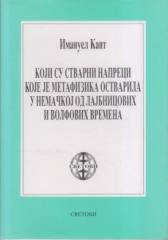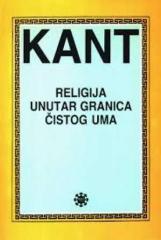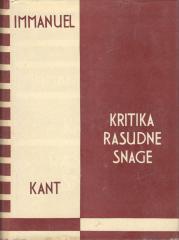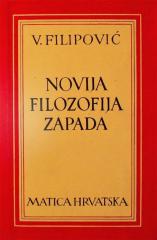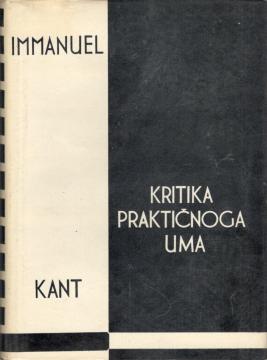
Kritika praktičkoga uma
According to most interpreters, this is the most important of Immanuel Kant's three Critiques, and is, in fact, a continuation of the first Critique. For Kant, the term critique means a limit, a possibility. So he is not criticizing the practical mind her
"The theoretical use of the mind dealt with the objects of the power of cognition itself, and the criticism of that mind with regard to this use actually only referred to the pure power of cognition, because it aroused suspicion. Later, this suspicion was confirmed that this power of cognition is easily lost beyond its limits , among unattainable objects or even mutually contradictory concepts. With the practical use of the mind it is different. In it, the mind deals with the will's reasons the will of all intelligent beings), then this proves not only that the pure mind can be practical, but that only it, and not the empirically-limited mind, is practical in an unconditional way.
The basic law of a pure practical mind: Act in such a way that the maxim of your will can at all times be valid as a principle of general legislation." — Immanuel Kant
No copies available
The last copy was sold recently.
